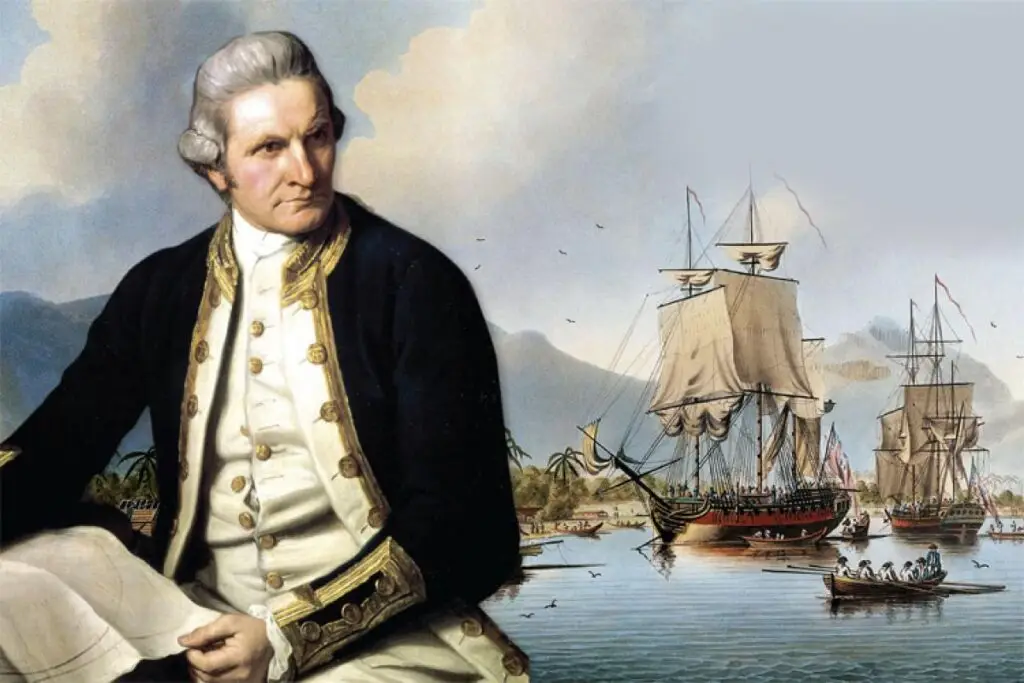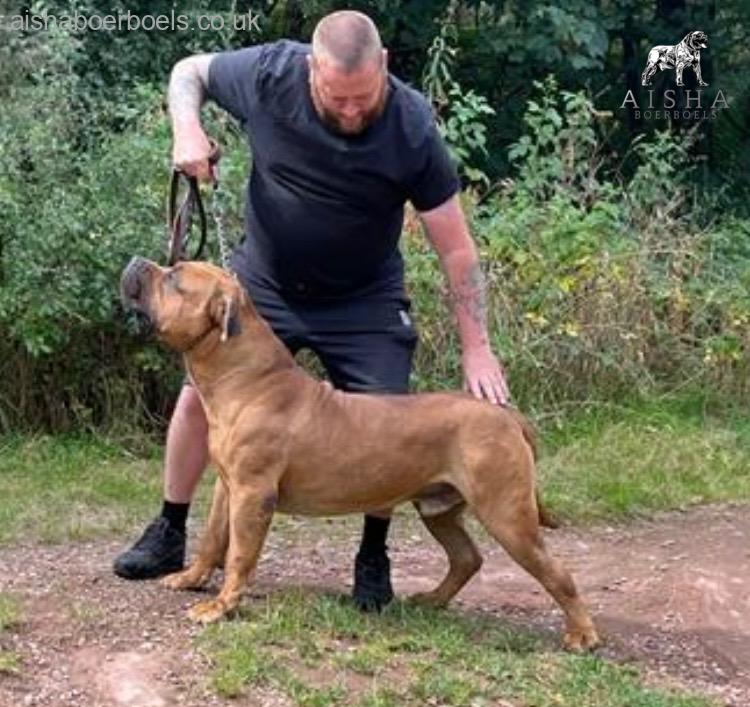Introduction: The Complex Tapestry of Discovery
History, as we know it, often presents a simplified narrative of exploration and discovery, with Captain Cook and Christopher Columbus being credited for “discovering” the Caribbean. In this exploration, we unravel the layers of this narrative and delve into the complexities of Caribbean history. Join us on this journey of revaluation as we question the accounts we’ve been taught and seek a more nuanced understanding of the Caribbean’s rich tapestry.
Part 1: Navigating the Myths of Discovery
1. Christopher Columbus: A Revisionist Perspective
While Columbus is traditionally celebrated for “discovering” the Americas, what nuances and contradictions exist in this narrative? How did his arrival impact the indigenous populations, and what elements of his journey challenge the notion of “discovery”?

2. Captain Cook: The Myth of Uncharted Territories
Captain Cook, renowned for his voyages in the Pacific, is often associated with exploration. How did Cook’s encounters in the Caribbean contribute to the broader narrative of exploration, and what consequences did these “discoveries” have for the native peoples?

Part 2: Indigenous Perspectives and Historical Realities
3. Indigenous Peoples of the Caribbean: Forgotten Narratives
What were the thriving societies and civilizations present in the Caribbean before Columbus and Cook? How do indigenous perspectives challenge the Eurocentric narrative of “discovery,” and what role did these societies play in shaping the Caribbean?
4. Impact on Caribbean Cultures: The Legacy of Encounter
How did the arrival of Columbus and Cook shape the cultural, social, and economic landscapes of the Caribbean? What legacies remain from these encounters, and how have Caribbean cultures adapted and persevered in the face of colonization?
Part 3: Reimagining History through Diverse Voices
5. Decolonizing History: Reclaiming Narratives
In what ways can we decolonize historical narratives to offer a more inclusive and accurate representation of Caribbean history? How can diverse voices, including indigenous perspectives, contribute to a more nuanced understanding of the region’s past?
6. Teaching Critical History: The Role of Education
How can educators approach the teaching of Caribbean history in a way that encourages critical thinking and challenges conventional narratives? What resources and approaches can be employed to provide a more comprehensive and accurate picture of the past?
Conclusion: Embracing Complexity in Historical Discourse
As we reflect on the narratives surrounding Captain Cook and Christopher Columbus in Caribbean history, what insights have emerged? How can a more nuanced understanding of these historical figures contribute to a broader appreciation of the Caribbean’s rich and complex heritage?
Engage with Us: Your Perspectives Matter
We invite you to share your reflections, questions, and thoughts in the comments section below. How has your understanding of Caribbean history evolved, and what aspects of this exploration resonated with you? How can we collectively contribute to a more inclusive and accurate representation of historical narratives?
Let’s foster a dynamic dialogue that embraces the complexity of Caribbean history. Your participation adds depth to the exploration of historical narratives, ensuring a more nuanced and comprehensive understanding for generations to come.


